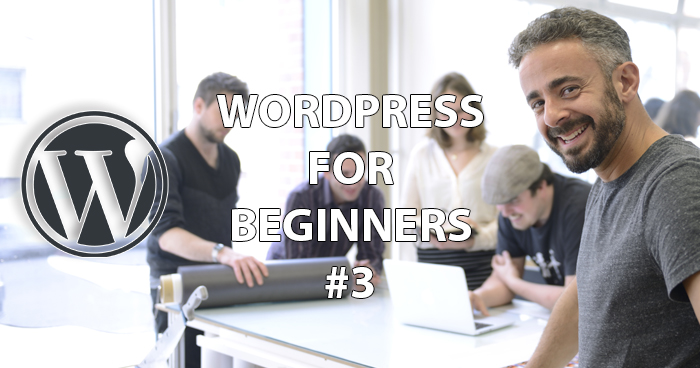Other than having a vague sense that ‘SEO’ is important, many businesses and business owners have a limited understanding of what SEO is and the impact that it can make.
SEO is the acronym for ‘search engine optimisation’ and what it means is that when an internet user types words into the search engine, a company with an effective search engine optimisation strategy will be positioned at the top of the results that are generated.


Search engines can be thought of as the ‘marketers of the internet’. Search engines have the capability of positioning a business next to customers and above competitors. Use of the right keywords increases the probability that a customer will click on the link that is given for your business, with some data showing that approximately 70% of users will select one of the first three listings produced by a search engine if they are to click through to any website.
SEO is here to stay and will only grow in importance and effect as the world grows in reliance on the internet. The recently introduced Google Instant relies on SEO being ranked for results and this reinforces the benefit of a business having a strategy to maximise its SEO results. When traffic is received at no charge, rather than payment per click, the time and money spent to obtain top rankings is quickly appreciated and seen as a wise investment.
Another acronym for SEO is ‘search engine optimiser’ and many companies opt to engage with a search engine optimiser to raise their profile and prominence amongst search results. While hiring a search engine optimiser has the potential to benefit your site and enhance your business’ reputation and profile, an effective search engine optimiser must be carefully chosen as if ineffective you may be faced with the threat of damage to your site and its web positioning and damage to people’s perception of your business.
However, effective search engine optimisers are equipped to deliver some important services for website owners. These include:
- Assisting you to review your website and its structure and content
- Technical advice – this may relate to matters such as dedicated servers, hosting, domain namesand redirection, error pages and others
- Creation and development of content
- Research pertaining to keywords
- Critical insight into varying markets and strategies for reaching them.
Even if you do decide to access the services of a search engine optimiser, it is beneficial to have some grounding in how search engines function. When you have even a basic understanding of how sites are ranked and the ways that keywords can influence search results, this can stand you in very good stead when working alone or with SEO professionals.
In order to secure a credible and effective search engine optimiser, do your homework and research carefully. Be sure that those you are considering present you with a clear account of how they will work, the results that may be expected and how investment in their services will enhance traffic to your website.
It is one thing to have a business website, but in order to make it as productive and effective as possible, steps should be taken to ensure that it achieves good results in search engine rankings. Search engine optimisation can facilitate this and, regardless of whether a search engine optimiser is used, it is important for every business to develop strategies to enhance their position in search results as much as possible.




